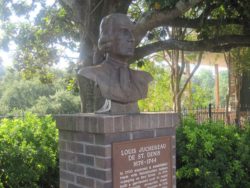Folklife
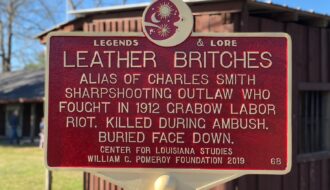
Leather Britches Smith
The legendary outlaw Charles “Leather Britches” Smith is best known for his armed defense of his fellow union members during the Grabow Riot of 1912.

The legendary outlaw Charles “Leather Britches” Smith is best known for his armed defense of his fellow union members during the Grabow Riot of 1912.
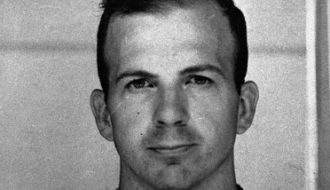
New Orleans-born Lee Harvey Oswald allegedly assassinated President John F. Kennedy in Dallas, Texas, on November 22, 1963.
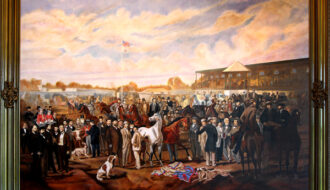
Legalized gambling has played an important cultural, political, and economic role in Louisiana's history from the colonial era to the present.
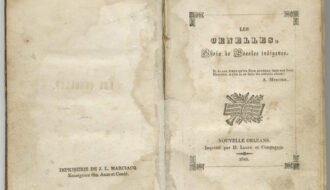
Les Cenelles is a groundbreaking collection of original French poems published by a group of free men of color in nineteenth-century Louisiana.
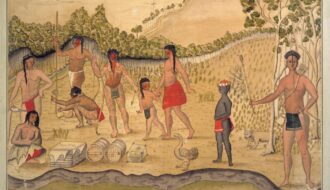
Approximately forty ethnically and politically distinct North American Indigenous polities located in the Gulf Coast region and lower Mississippi River valley made up les petites nations.
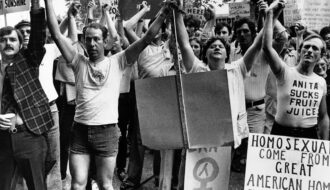
Queer people have long been part of Louisiana’s history, but the political movement for LGBTQ+ rights emerged slowly in the late twentieth century.
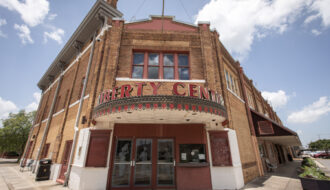
The historic theater in Eunice entertained generations as a movie theater, vaudeville house, and home of Rendez-vous des Cajuns.
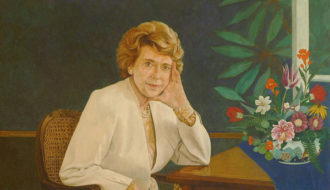
Lindy Boggs was the first woman elected to Congress from Louisiana.
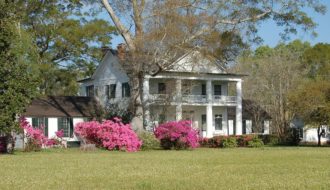
Albert G. Carter built Linwood Plantation in Louisiana from an inherited Spanish land grant.
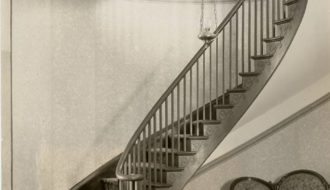
The plantation chapel at Live Oaks, built for the enslaved workers in 1840, is the last to survive in Louisiana.
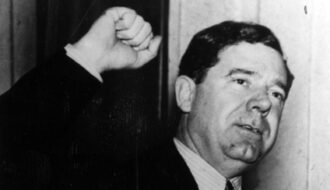
“Longism” refers to both the political machine and the radical populist doctrine established by Huey Long in Louisiana in 1928.
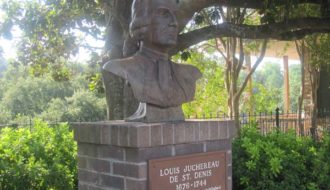
The history of the fort, mission, and settlement of Los Adaes reflects both intercolonial rivalry and cooperation among the Spanish, French, and Native Americans who lived along the border of New Spain and French Louisiana.
One-Year Subscription (4 issues) : $25.00
Two-Year Subscription (8 issues) : $40.00
